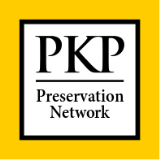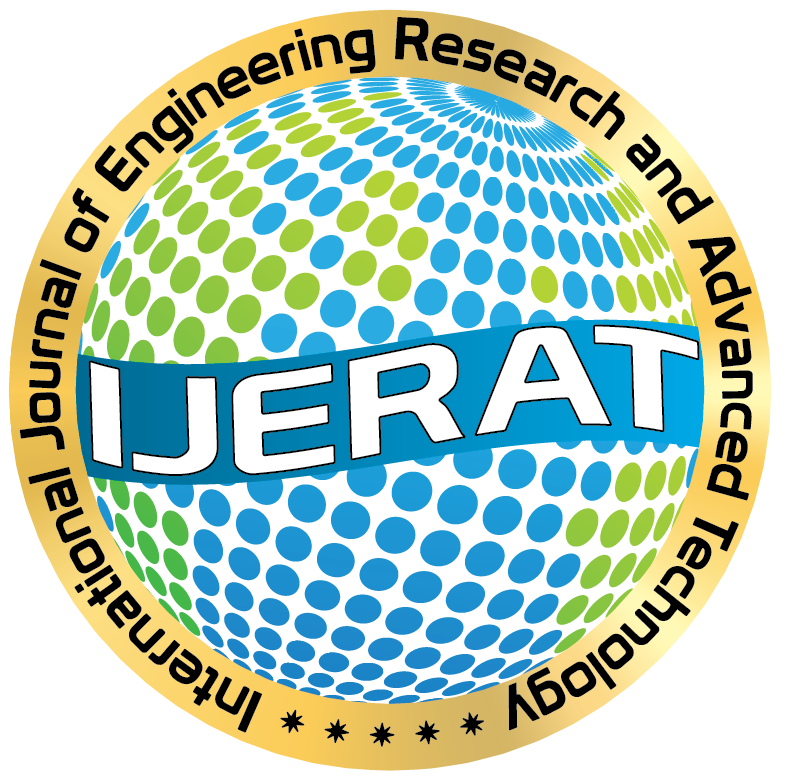Assessment of rural tourism using SWOT analysis (Case Study:Masouleh village, Gilan, Iran)
Keywords:
Sustainable development, Rural tourism, SOWT, Tourism, Masouleh.Abstract
Tourism and tourism economy are as the most essential economical-commercial elements of the world. Rural tourism is considered as a part of the great industry of tourism and in this field Iran has various, huge and actual tourism attractions to develop rural tourism. The historical and extensive Iran, in spite of having more than 75 thousand villages, that some of them have several millennial records or possess the wonderful historic works and perspectives in comparison with universal standards, has essential potential for active presence in the field of this several dimensional industry. Therefore, it is necessary to record it as a basic cogitation in reflection to executive, decision and scientific centers of the country and even consider an elevated place for it in development programs. Iran by having many beautiful and natural regions is among 10 superior countries in the world but unfortunately, it has not been able to profit by this place well. Therefore, we decided to introduce rural tourism and its relevant tourism as the highest income industry and motivation for a stable development of rural regions and to explain its value and place, which includes some contexts of rural tourism. Stable development, the position of tourism in villages' economic, Limitations, abilities, the subsequent events etc., is done by case study of Masouleh village (Gilan, Iran) in this article. This study has dealt with presenting strategies and guidelines to develop tourism within Masouleh village , Gilan, Iran, using a survey, field studies and Strengths, Weaknesses, Opportunities and Threats (SWOT) analysis. Empirical analysis in the study area shows that vulnerability threshold for rural areas can be extremely high due to openness to tourists and requires review and present appropriate policies in order to remove the limitations and to apply relative advantages.








